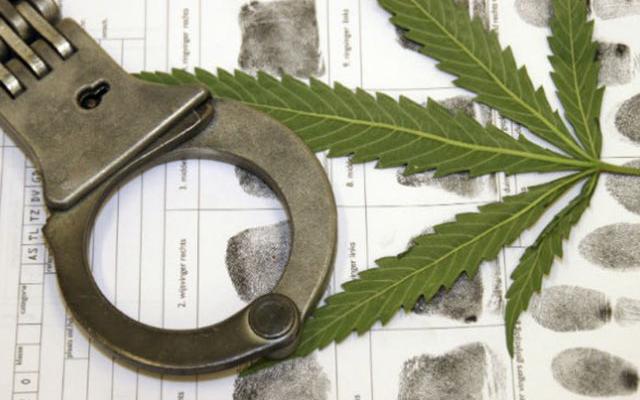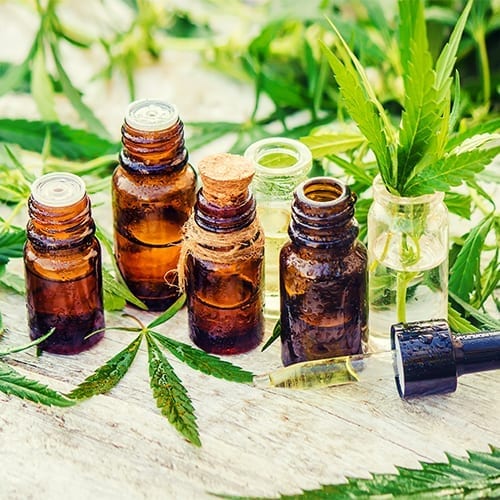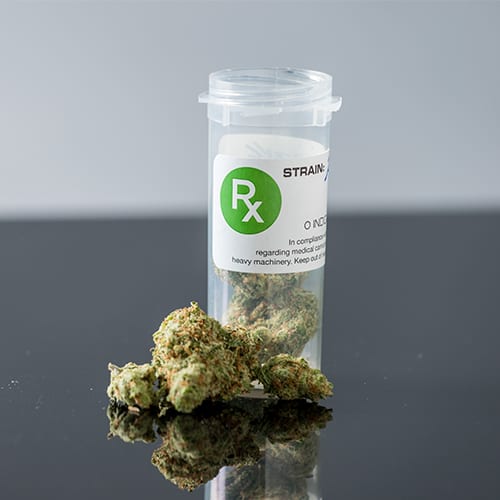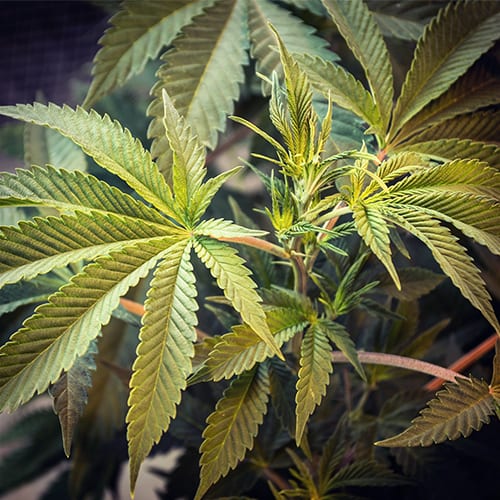
Citing concerns that local and state detention centers would be forced to distribute medical marijuana to arrestees and inmates, the state of Illinois has passed a law that gives corrections administrators the right to deny prisoners access to cannabis medicine.
Earlier last week, Governor Bruce Rauner put his signature on a bill aimed at eliminating a supposed loophole in the state’s medical marijuana program that some lawmakers worried would have given offenders with a recommendation for medical marijuana permission to use the herb inside the state’s jails and prisons. Of course, the concept of prisoners being allowed to smoke weed scared State Representative Barb Wheeler, the lawmaker responsible for the bill, who made it her mission to ensure “immunity to any law enforcement agency that refuses to give a federally illegal drug” to an inmate.
Wheeler, who supported the Compassionate Use of Medical Cannabis pilot program, worried that as the list of qualified conditions swelled to include Post Traumatic Stress Disorder and migraines, there would be a surge in the state’s patient registry, some of which might eventually end up guests of the Illinois Department of Corrections.
To remedy this concern, Wheeler got together with Bull Valley Police Chief Jim Page to draft legislation preventing county governments from having to purchase cannabis for prisoners to use behind bars. Chief Page argued that the bill was necessary because the fine print of the state’s medical marijuana law would have not only given inmates permission “to smoke up,” but also “they’d have a hookah room in jail.”
Although there are well over a million medical marijuana patients in the United States, none of those serving time are not granted access to green medicine – not at any level.
“To the best of my knowledge, there is not a single jail or prison in the country that allows patients to access medical marijuana while in detention,” said Morgan Fox, Communications Manager for the Marijuana Policy Project. “In many cases, post-detention parole/probation requirements also prevent patients from using their medicine, even in states where medical marijuana is legal.”
Even in states like Colorado and Washington, where marijuana is legal for both medical and recreational purposes, prison officials say offenders “do not receive medical marijuana while incarcerated, no substitutes are prescribed, and there are no circumstances under which an offenders would received medical marijuana,” because “marijuana in any form is considered contraband.”
Prison administrators say that in order for medical marijuana to be given to inmates, as with any pharmaceutical drug, it must first be included on the facilities list of accepted medications. However, this is unlikely to happen until after the federal government removes its ban on the substance, which currently makes the herb a Schedule I dangerous drug with no medicinal value.
In Canada, however, inmates with a doctor’s permission cannot be denied the use of specific forms of medical marijuana. Prisoners there have actually had the right to use cannabis medicine since the 1990s, according to an article in the Medical Marijuana Review.
“If an inmate does have a need for any medication, the doctor can prescribe medications appropriate to a correctional setting, including an oral cannabis substitute in the case of medical marijuana usage,” said Andrew Morrison, spokesperson for the Ministry of Community Safety and Correctional Services.
There have been instances in the United States where medical marijuana patients have lobbied for the use of cannabis while doing time. But even though the courts in those cases left the final decision up to the local detention center, those requests were denied.





